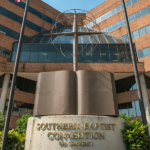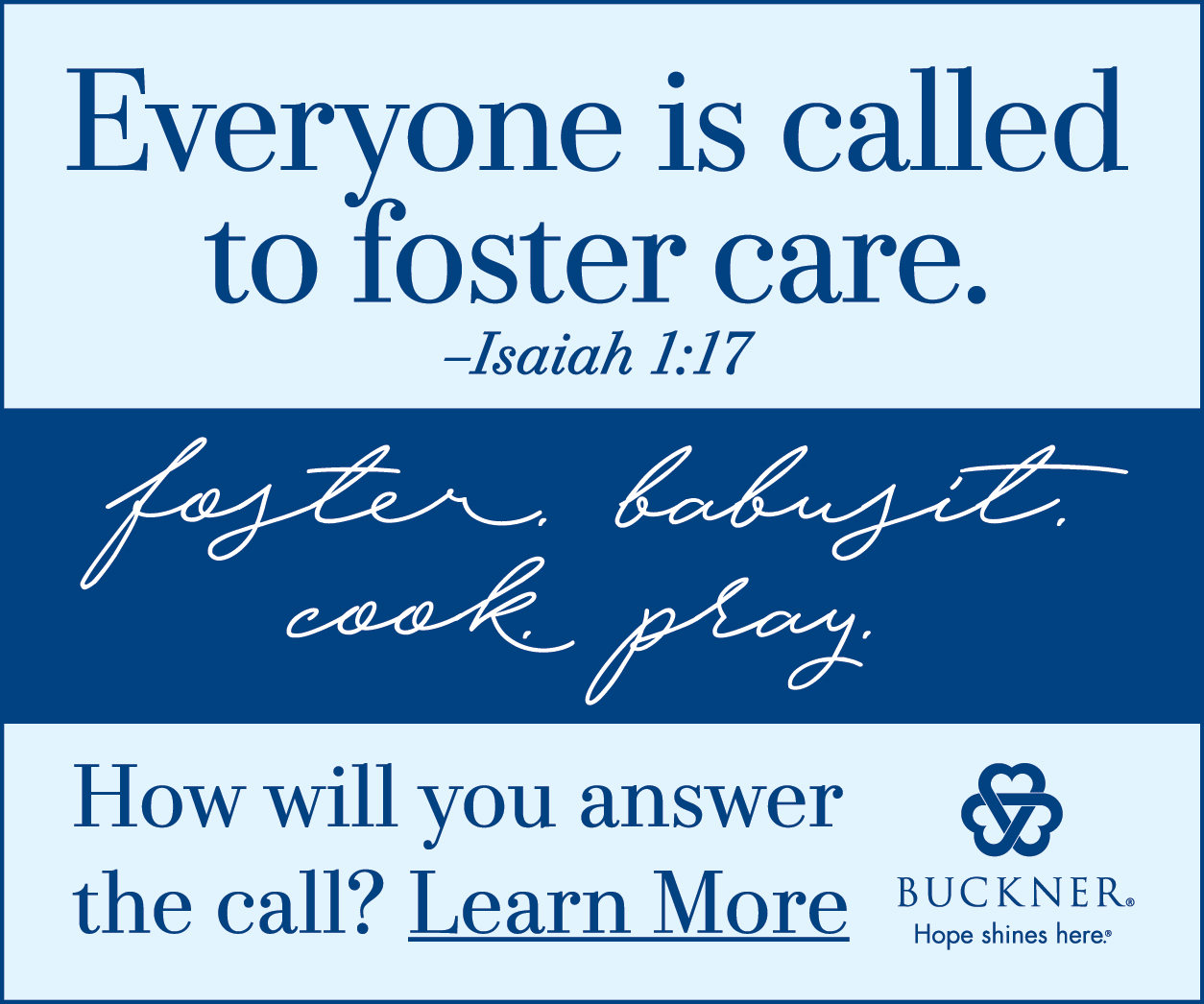NEW ORLEANS (RNS)—For more than a decade, Southern Baptists called for their leaders to set up a database to track abusive pastors, hoping to stop abusers from preying on one church after another.
In the past, their leaders said creating such a list was impossible.
Ministry Check website unveiled
That has changed this week, as leaders of the Southern Baptist Convention’s Abuse Reform Implementation Task Force unveiled a “Ministry Check” website June 14 as part of their report at the convention’s annual meeting.
The website was part of a series of abuse reforms passed last year by Southern Baptists in the wake of an investigation that found SBC leaders had mistreated abuse survivors for years and sought to block any attempts to address the issue of abuse on a national level.
Getting that website off the ground was a historic moment, said Heather Evans, a social worker and a member of the task force charged with implementing those reforms. Evans said she’d had the privilege of watching with a group of abuse survivors as the site, sbcabuseprevention.com, went live.
“They had been told for years and years this could never be done,” she said during a press conference on Wednesday.
A work in progress
The website is still a work in progress, said task force leaders. While the site works, all the names to be added to the site are still being vetted, said Marshall Blalock, the Charleston, S.C., pastor who chaired the task force.
Those names will include leaders from three categories: those convicted of abuse, those who have confessed to abuse and those who have had a legal judgment against them for abuse.
Last year, messengers approved a fourth category—those credibly accused of abuse.
Sign up for our weekly edition and get all our headlines in your inbox on Thursdays
According to the abuse implementation task force, “an independent third party hired by any church or other Baptist body, may determine, by preponderance of the evidence following an inquiry, that a pastor, denominational worker, or ministry employee or volunteer is credibly accused.”
However, the task force decided to hold off on the fourth category—in response to pushback from critics of the process who worry that pastors will be falsely accused of abuse. That pushback led to a motion from the floor to permanently remove that category. The motion was rejected.
Blalock told the gathered crowd of more than 12,000 local church messengers the fourth category was essential. Most abuse goes unreported, he said, and few abusers end up convicted or facing legal consequences for their actions.
“That means most abusers will never be identified,” Blalock said. “And they’ll go from church to church unless there’s a category four.”
Ministry toolbox available
The website also features a ministry toolbox with resources to help churches prevent abuse and to care for survivors of abuse. The resources are organized into a five-step process: train, screen, protect, report and care.
Those are only the first steps in their work, said task force members. The group also needs to find permanent funding for the abuse reforms along with a permanent home for the work of preventing and responding to abuse.
Because their work is not yet complete, the task force—which had only been authorized for a year—asked messengers to give them additional time. That request was granted by an overwhelming number of messengers.
Already making an impact
During his presentation to the messengers, Blalock pointed to a recent case of abuse in Louisiana, where a prominent Baptist leader was arrested and charged with abuse. According to local news reports, Daryl Stagg, a leader for several Louisiana Baptist associations, faces multiple charges of sexual abuse that officials said could stretch across several states.
Oklahoma pastor Mike Keahbone said implementing abuse reforms has been difficult, given the complicated issues involved, including getting the SBC’s 40,000 churches to work together. He said he has been discouraged at times but has also seen real change as a result of those reforms.
Last month, he learned a pastor friend, whom he knew from speaking at youth camps, had allegedly confessed to years of abuse. According to the Houston Chronicle, Michael Anthony Romero, a former youth pastor at First Baptist Church in Magnolia, walked into a police station and confessed to abusing boys at the church.
“Romero’s alleged confession was driven by the fear of finally being outed by investigations started by church elders in the wake of damning revelations of decades of sexual abuse cover-ups in Baptist churches, according to police,” the Chronicle reported.
Romero’s case had been cited during a session of the annual meeting on Tuesday as a sign that the SBC was going in the right direction. Keahbone said he had mentioned to Romero he had been working on the abuse task force over the past year but had no idea about the alleged abuse.
“I was floored,” he said. “I was hurt. I was angry. But it also hit me at the right time.”
Keahbone said that before hearing that report he had been discouraged, but it confirmed the reforms were working.
Still work to be done
During their presentation and a follow-up press conference, task force members thanked a group of abuse survivors for the years of work to get the SBC to address abuse. Their courage and perseverance made the reforms possible.
Tiffany Thigpen, an abuse survivor and longtime activist, said she was thankful for the leadership Blalock and other task force members showed. She also was thankful the task force’s work will continue.
Still, she said, there’s so much work to be done. And the work often goes too slow, said survivor Jules Woodson.
“Why is it like pulling teeth to get something passed to protect people?” she asked.
Meighan McCammon of Georgia, who said she’d been abused by a family member who was a former SBC pastor, said reauthorizing the task force was a good step. But more needs to be done.
“This is the first time in years when I have seen a glimmer of hope,” she said. “But at the same time, I don’t trust words.”
‘Not grow weary in doing good’
Woodson, Thigpen and Megan Lively, a former seminary student whose story of abuse led to the downfall of a prominent SBC seminary president, said they had kept quiet for years. But then they became activists for the sake of their daughters and other young women.
“That’s when the mama bear came out,” said Woodson. “We’re all teaching our children to have to be kind, to be generous, to be forgiving. But at the same time, we have to bring out that warrior to protect them.”
Lively said she and other survivors plan to continue their activism for years so churches will become safer and the children and young people in those churches are spared the abuse survivors endured.
“We will not grow weary in doing good,” she said.
Newly reelected SBC President Bart Barber praised the task force, which he appointed last year, for their diligent work. He said the task force could have rushed things—but instead, they listened to the concerns of churches. That will pay off in the long term, he said.
“If a church doesn’t like what they are doing and they leave, then the children in that church are no more safe than they were before,” he said. “Every church that participates in making our churches safer is going to have to do so because they want to.”














We seek to connect God’s story and God’s people around the world. To learn more about God’s story, click here.
Send comments and feedback to Eric Black, our editor. For comments to be published, please specify “letter to the editor.” Maximum length for publication is 300 words.